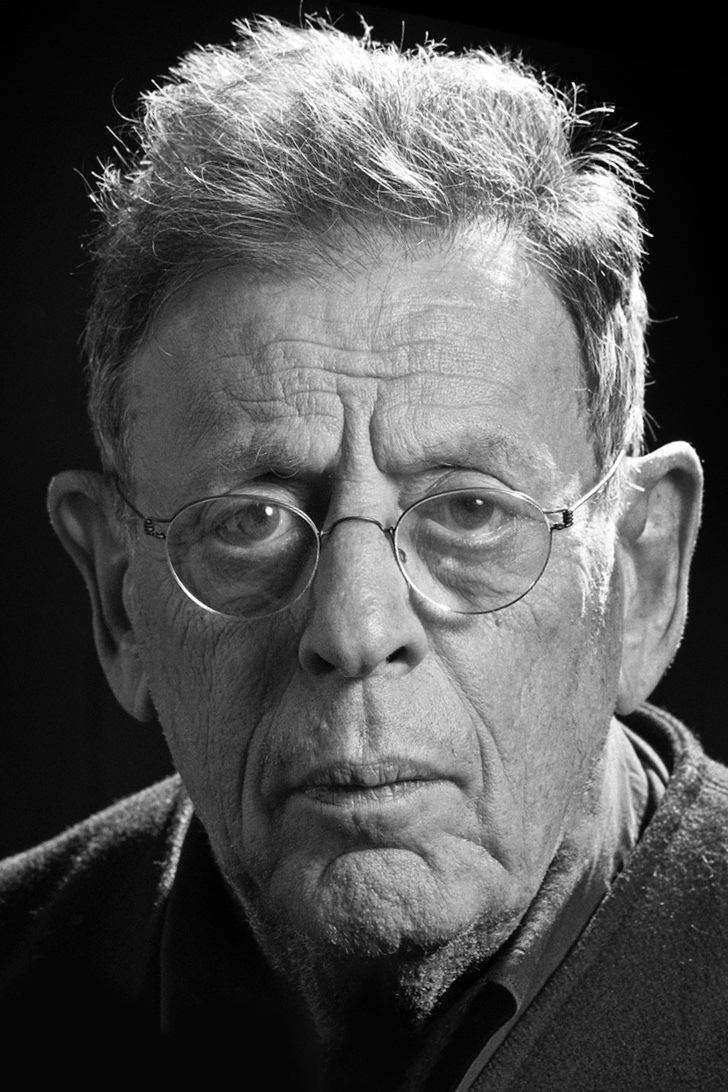
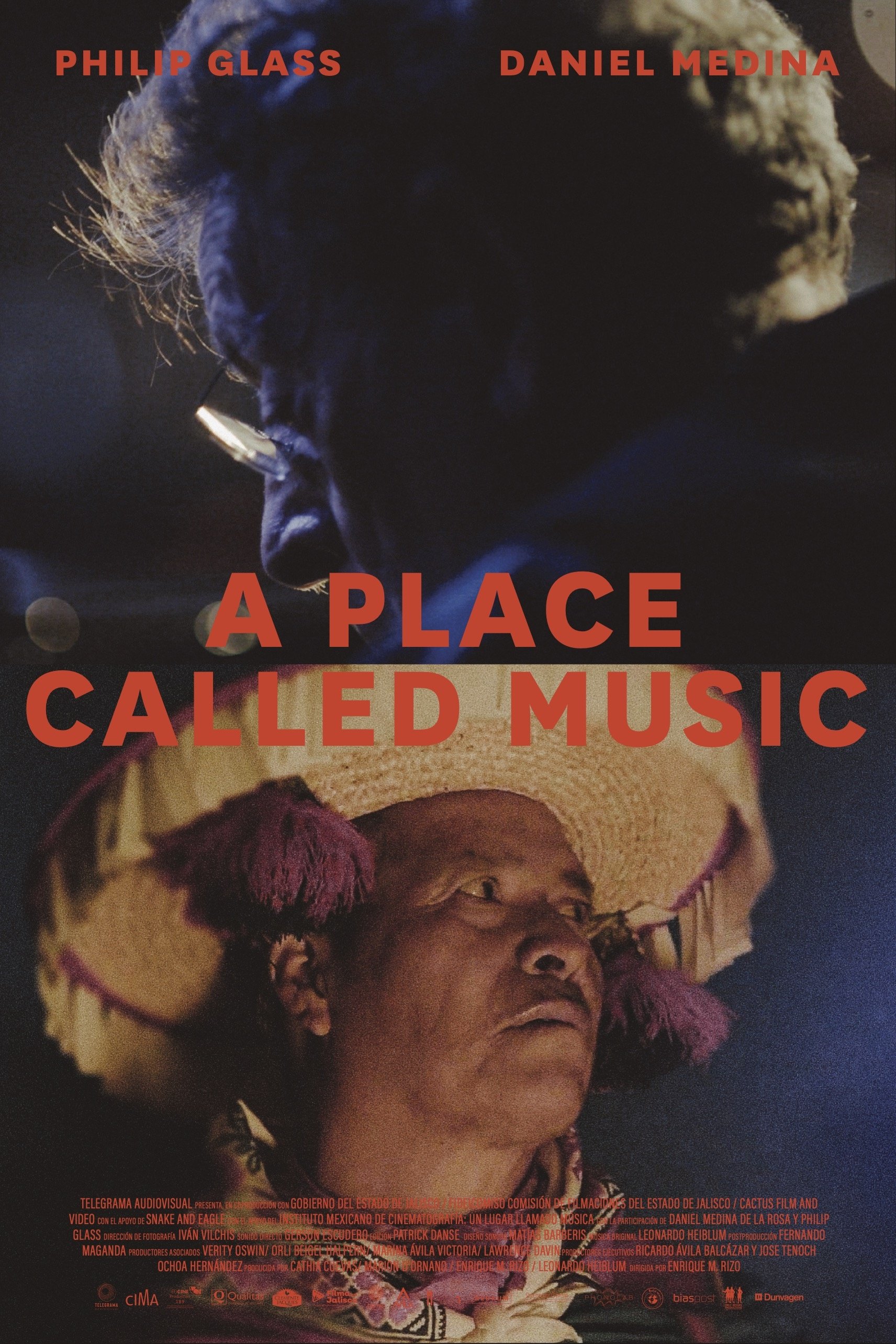
The musical journey between Mexican Wixárika musician Daniel Medina and American composer Philip Glass.
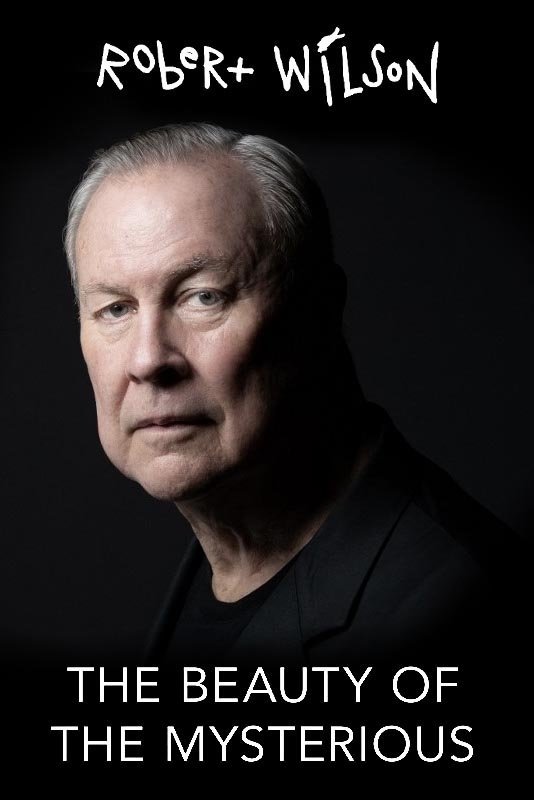
We look back at more than half a century of mysterious artistic creation while trying to crack a unique artistic code. Why are people moved to tears when Robert “Bob” Wilson puts minimalistic petrol pumps into a production of Shakespeare’s sonnets? Why does merciless repetition change our understanding of something? Together with Tom Waits, Willem Dafoe or Marina Abramović we trace back our own experience of Bob’s art. Is it true what Philipp Glass the collaborator of the milestone piece “Einstein on the Beach” laughingly and with apparent pleasure exclaims “what does it mean? It doesn’t mean anything!”?
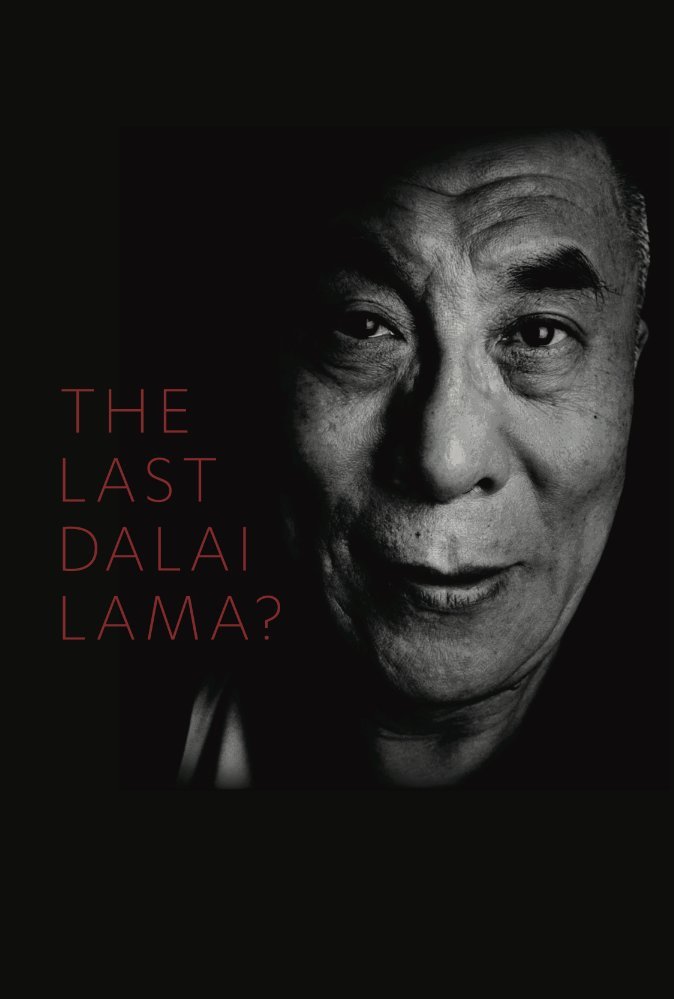
In his 1992 documentary "Compassion in Exile", filmmaker Mickey Lemle created a groundbreaking portrait of the 14th Dalai Lama. His new film takes a fresh look at what is important for His Holiness, who is now in his 80s: the historic confrontation between Tibet and China; his influence in political, spiritual and educational spheres; his work with neuroscientists; and his personal feelings on aging, dying and whether he will be the last Dalai Lama. His impact on the West has grown over the 25 years since the earlier film, and we see some of his influence at work in classes and scientific studies. Artfully weaving interviews and accounts from family, friends and people he inspired, this film vibrantly conveys the Dalai Lama’s humor, wisdom and compassion
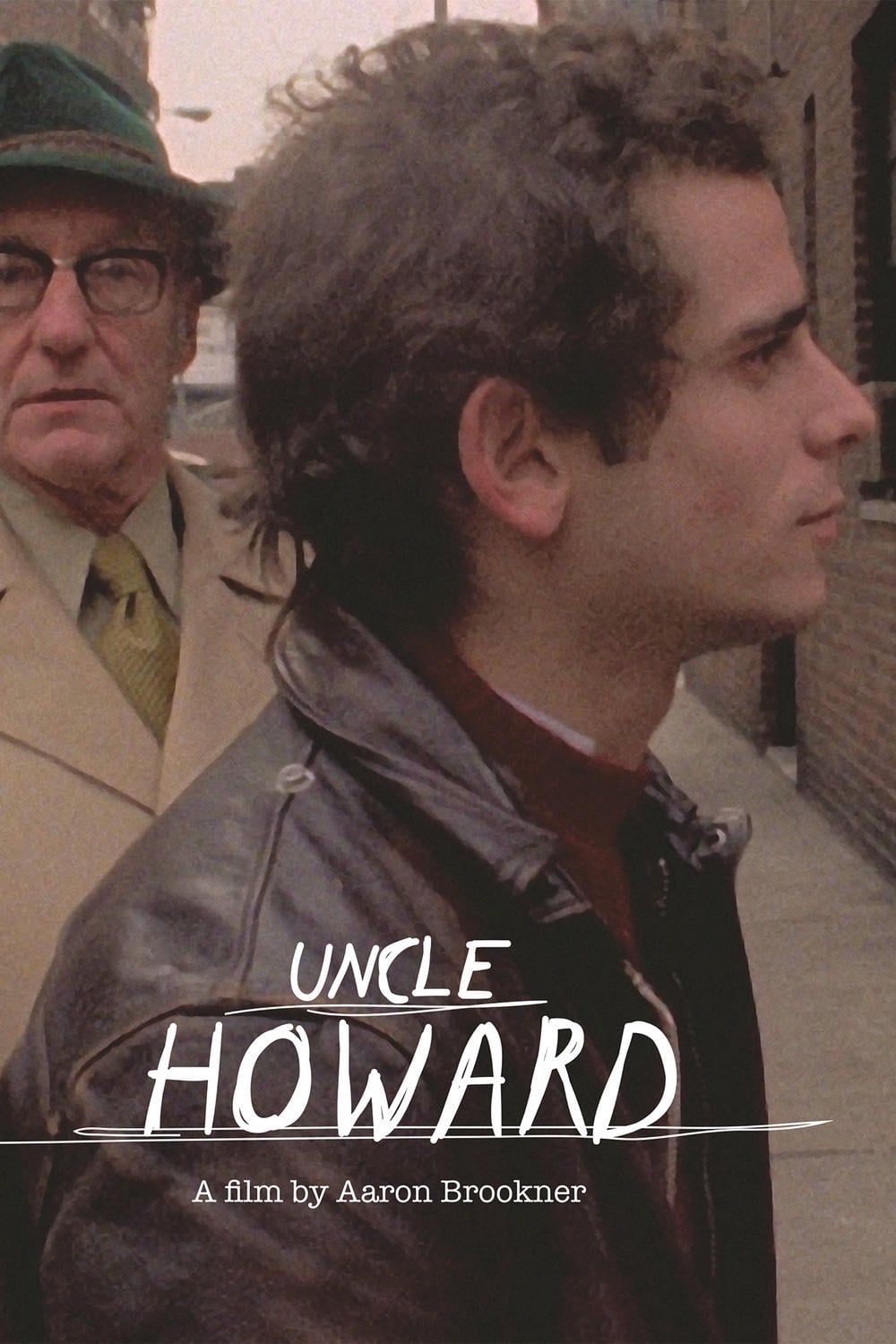
When Howard Brookner lost his life to AIDS in 1989, the 35-year-old director had completed two feature documentaries and was in post-production on his narrative debut, Bloodhounds of Broadway. Twenty-five years later, his nephew, Aaron, sets out on a quest to find the lost negative of Burroughs: The Movie, his uncle's critically-acclaimed portrait of legendary author William S. Burroughs. When Aaron uncovers Howard's extensive archive in Burroughs’ bunker, it not only revives the film for a new generation, but also opens a vibrant window on New York City’s creative culture from the 1970s and ‘80s, and inspires a wide-ranging exploration of his beloved uncle's legacy.
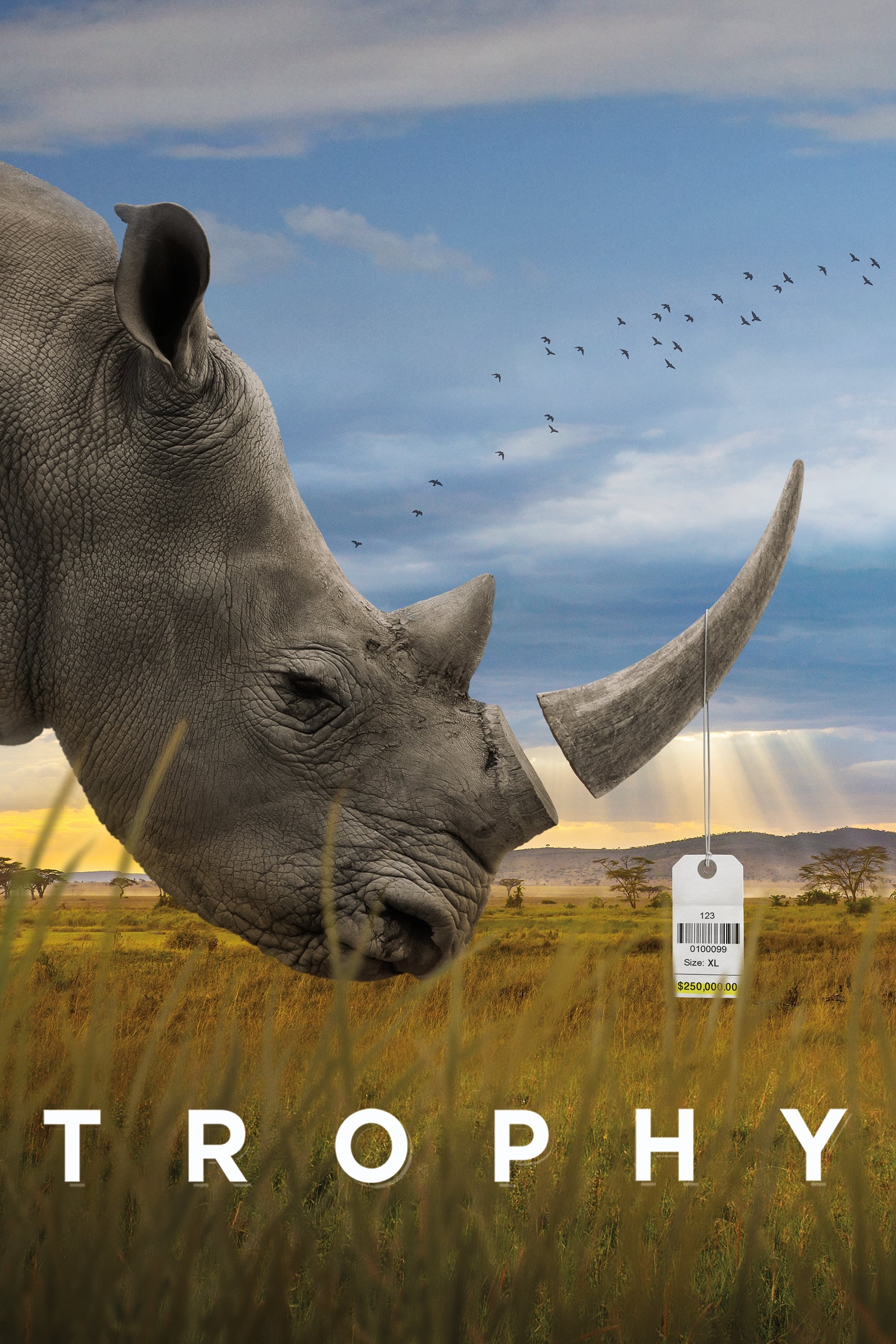
This in-depth look into the powerhouse industries of big-game hunting, breeding and wildlife conservation in the U.S. and Africa unravels the complex consequences of treating animals as commodities.
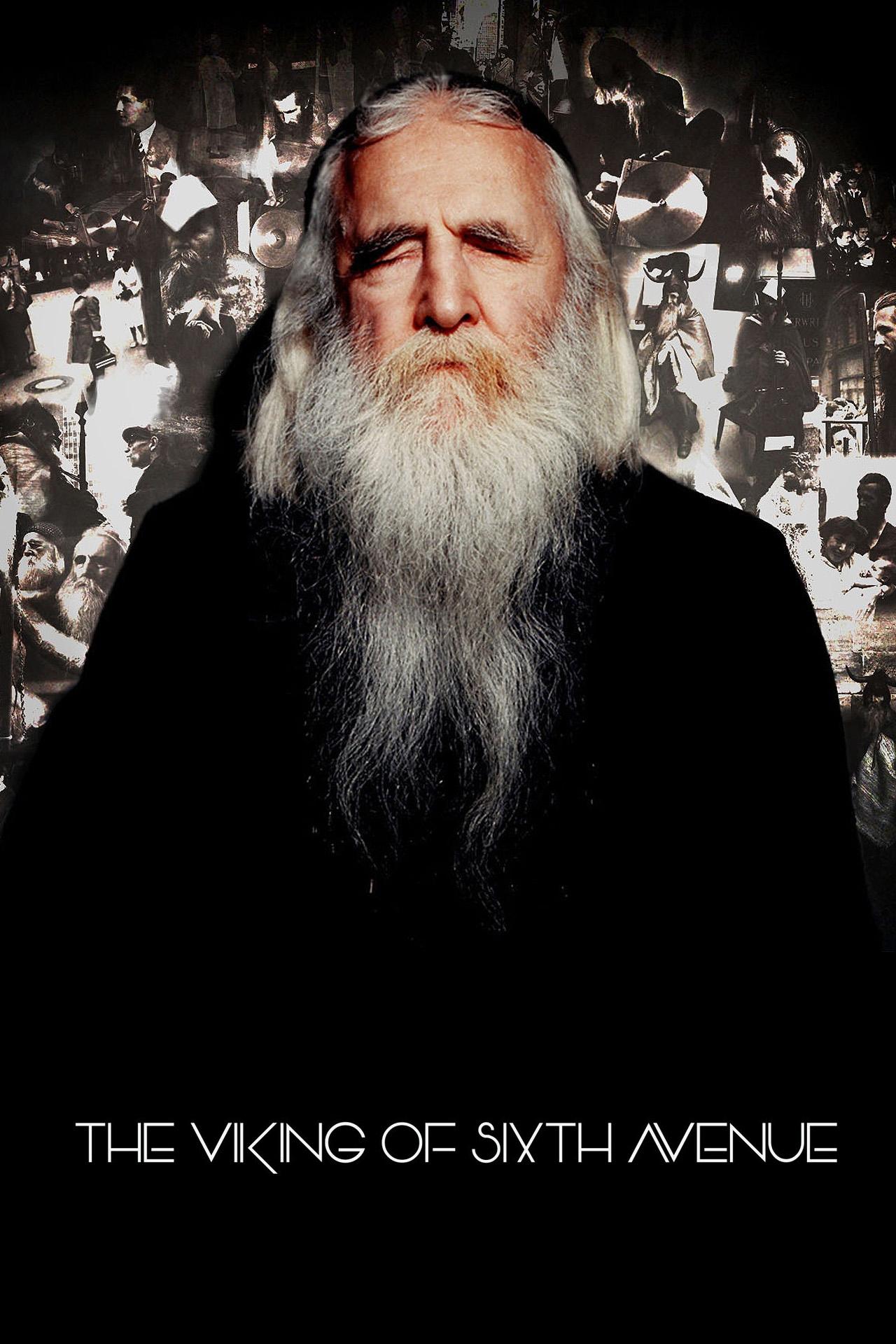
A documentary about the colorful life, times and music of a true original, Louis “Moondog” Hardin, an eccentric blind musician and composer who had far-reaching artistic influence in spite of a deliberate decision to live on the streets of New York City. With a wealth of never before seen archival film, home movies and rare audio recordings, the film is told largely from Moondog’s perspective and features interviews with Moondog’s friends, family, collaborators and musicians who cite him as an influence, including Jarvis Cocker, John Zorn, Chris Stein and Debbie Harry, Damon Albarn, Philip Glass, and many more.
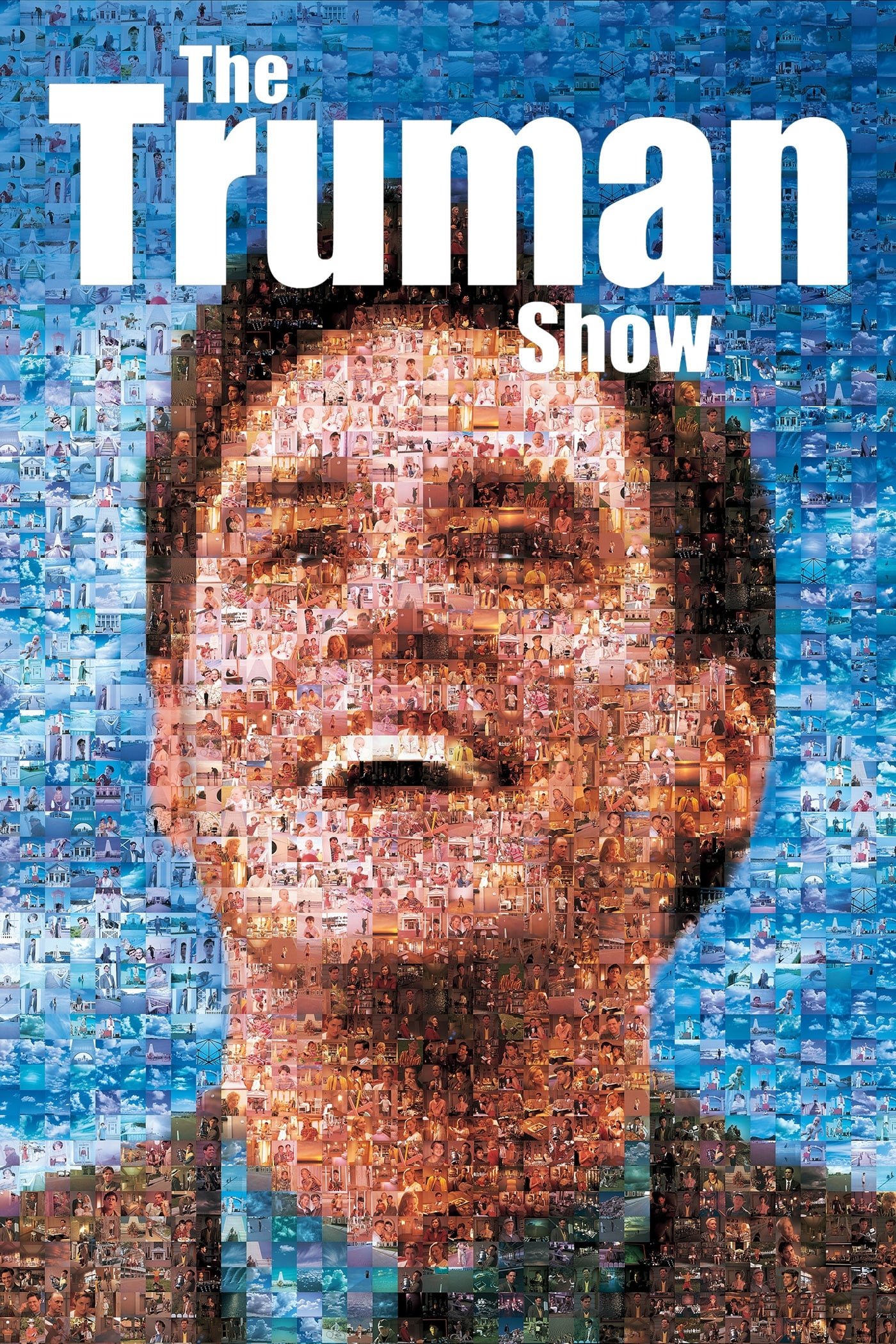
Every second of every day, from the moment he was born, for the last thirty years, Truman Burbank has been the unwitting star of the longest running, most popular documentary-soap opera in history. The picture-perfect town of Seahaven that he calls home is actually a gigantic soundstage. Truman's friends and family - everyone he meets, in fact - are actors. He lives every moment under the unblinking gaze of thousands of hidden TV cameras.
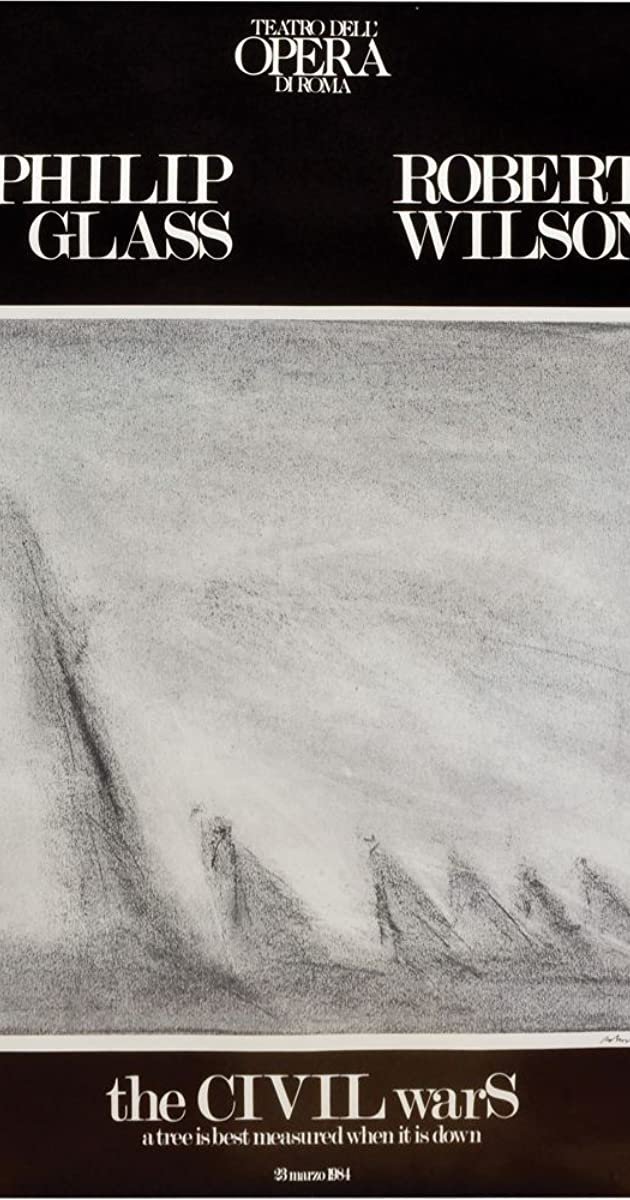
Robert Wilson and the Civil Wars is an in-depth documentation of Robert Wilson’s ambitious attempt to stage an epic, twelve-hour, multinational opera for the 1984 Summer Olympics. Filmmaker Howard Brookner follows the avant-garde theatre director as he confronts a hectic work schedule, funding difficulties and relentless international travel in attempt to complete his preparations. The film examines Wilson’s unique theatrical style during The Civil Wars: A Tree Is Best Measured When It Is Down, which involves the continual creation of evocative stage sets, owing to a unique juxtaposition of movement, sound, text and image. Known for his precise, painterly images Wilson’s work derives more from visual art than the orthodox literary traditions of theatre. As a result, Wilson often challenges actors to perform in a boldly minimalist style, as well as collaborating with non-actors, such as young autistic poet Christopher Knowles in Einstein on the Beach.
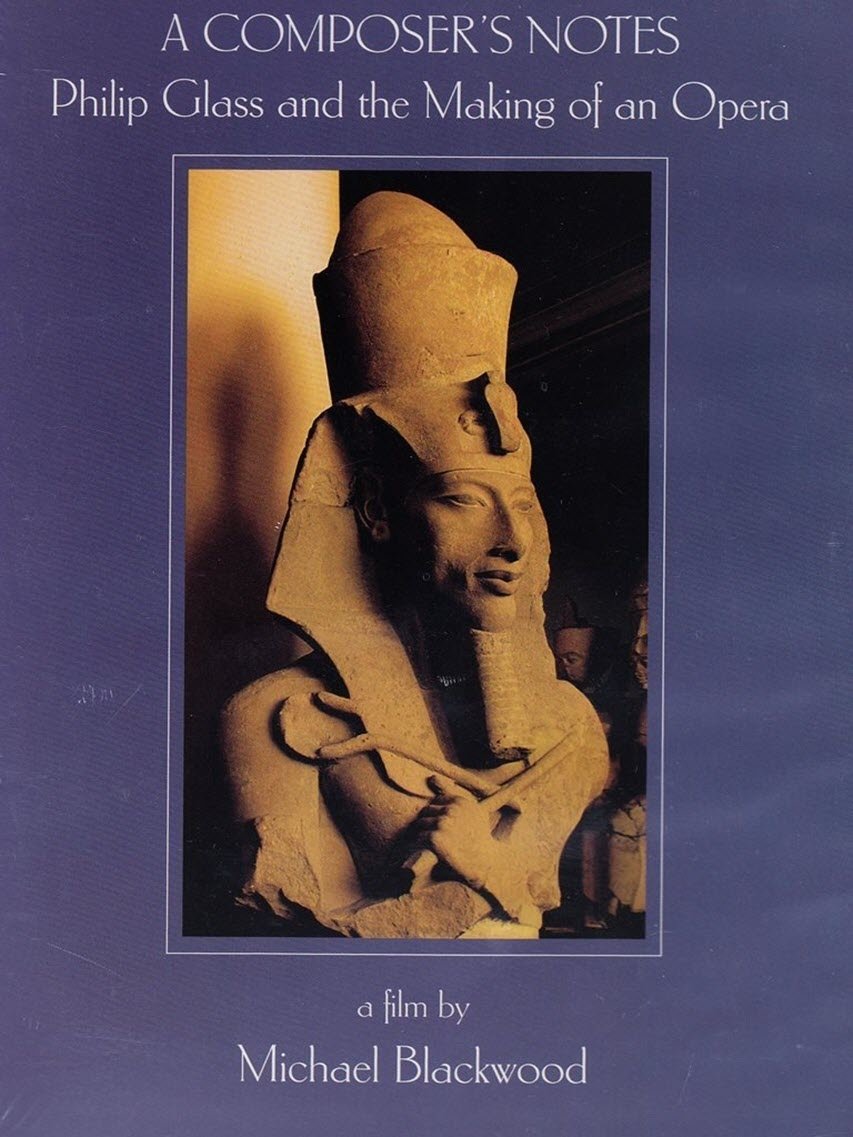
This documentary by Michael Blackwood looks at the development and production of Glass' opera Akhnaten. The film follows two productions by the Württemberg State Theater, Stuttgart, and the Houston Grand Opera.
Two Moon July was a multidisciplinary event that featured experimental video, film, visual art, performance and music in a theatrical framework. More than thirty artists participated in the program, which was produced for the Kitchen by Carlota Schoolman and directed by Tom Bowes.
Philip Morris Glass is an American composer. He is one of the most influential music makers of the late 20th century. His music is also often controversially described as minimal music.
By browsing this website, you accept our cookies policy.